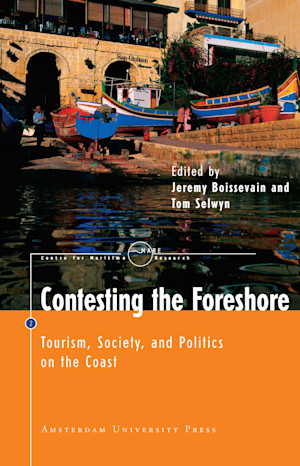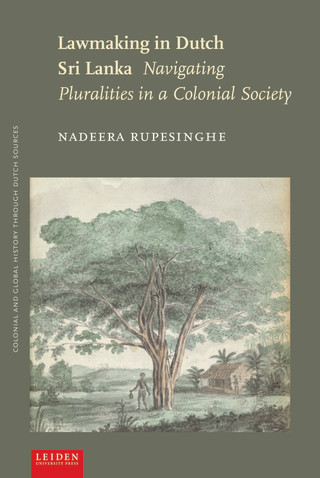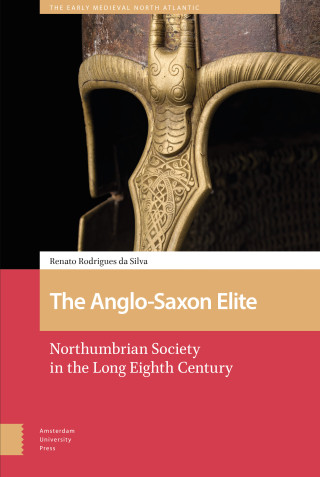
Jeremy Boissevain, Tom Selwyn
Contesting the Foreshore
Tourism, Society and Politics on the Coast
This collection of essays is about tourism and social, political, and economic relations in coastal locations in various parts of the world. The starting point of each chapter is the ethnographic study of one particular place. However, the authors are also concerned with wider regional, national, and global forces which shape and influence the local economies and societies under review. Although most of the essays focus on the European coastline, the book is intended to have implications for other geographical areas.
In most parts of the world, coastal settlements and contexts are changing rapidly and markedly. These contexts are routinely characterised by conflict between different interest groups contesting the ownership and control of the foreshore and its resources. One of the threads running through the volume is that coastal regions are often sites of fishing and related ‘traditional’ activities.
The chapters discuss the relationships between traditional stakeholders, such as fishermen and local residents, and new stakeholders including new residents, second-home owners, tourists and tourism property developers, and fish farm managers as they vie for status, influence, and ultimately for space on the foreshore.
The underlying preoccupation of the volume as a whole is the extent of penetration and transformation resulting from the onward march of capitalism and the market system in the coastal locations studied.
This is the second publication in the MARE Publication Series
In most parts of the world, coastal settlements and contexts are changing rapidly and markedly. These contexts are routinely characterised by conflict between different interest groups contesting the ownership and control of the foreshore and its resources. One of the threads running through the volume is that coastal regions are often sites of fishing and related ‘traditional’ activities.
The chapters discuss the relationships between traditional stakeholders, such as fishermen and local residents, and new stakeholders including new residents, second-home owners, tourists and tourism property developers, and fish farm managers as they vie for status, influence, and ultimately for space on the foreshore.
The underlying preoccupation of the volume as a whole is the extent of penetration and transformation resulting from the onward march of capitalism and the market system in the coastal locations studied.
This is the second publication in the MARE Publication Series
Authors
- Title
- Contesting the Foreshore
- Subtitle
- Tourism, Society and Politics on the Coast
- Authors
- Jeremy Boissevain
- Tom Selwyn
- Price
- € 68,95 excl. VAT
- ISBN
- 9789053566947
- Format
- Paperback
- Number of pages
- 320
- Language
- English
- Publication date
- 24 - 09 - 2004
- Dimensions
- 16 x 24 cm
- Open Access
- Download on Open Access Platform
- Series
- MARE Publication Series
- Category
- Environmental Humanities
- Discipline
- Social and Political Sciences
Table of Contents - 8
Series Foreword - 6
Acknowledgments - 10
1 Introduction - 12
2 Privatising the Mediterranean Coastline - 36
3 Littoral Fishermen, Aquaculture, and Tourism in theCanary Islands: Attitudes and Economic Strategies - 62
4 Between the Sea and the Land: Exploring the Social Organisation of Tourism Development in a Gran Canaria Fishing Village - 84
5 Tourism, Kinship, and Social Change in Sennen Cove, Cornwall - 110
6 Evaluating Contrasting Approaches to Marine Ecotourism: ‘Dive Tourism’ and ‘Research Tourism’ in the WakatobiMarine National Park, Indonesia - 152
7 Fishermen and the Creation of Marine Parks: Northern Sporades (Greece), Northern Cap de Creus (Catalonia), and the Iroise Sea (France) - 170
8 An Assessment of the Potential Interest of Fishermen to Engage in Boat-Chartering in the Context of a Marine Park: The Case of the Iroise Sea, Western Brittany, France - 186
9 Marine and Coastal Issues in Local Environmental Conflict: Greece, Spain, and Portugal - 206
10 Hotels, Tuna Pens, and Civil Society: Contesting the Foreshore in Malta - 234
11 All Pervading Island Tourism:The Case of Texel, The Netherlands - 262
12 Izola’s Fishermen between Yacht Clubs, Beaches, and State Borders: Connections between Fishing and Tourism - 282
Index - 310
List of Contributors - 318




